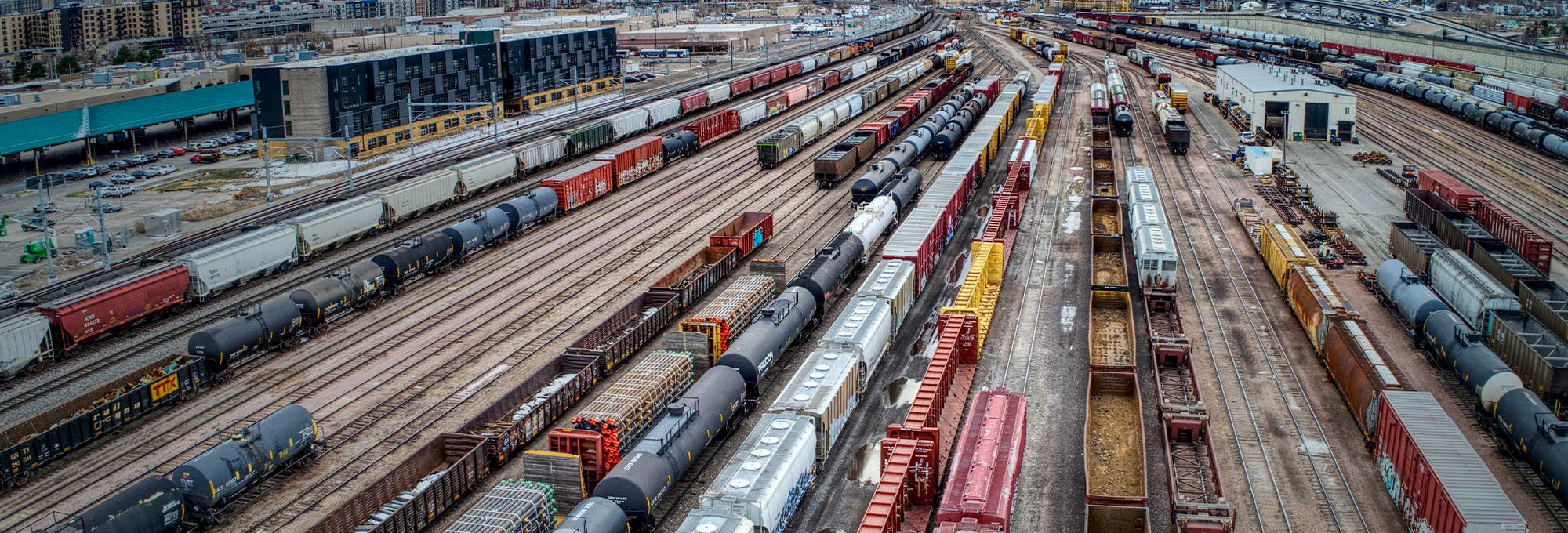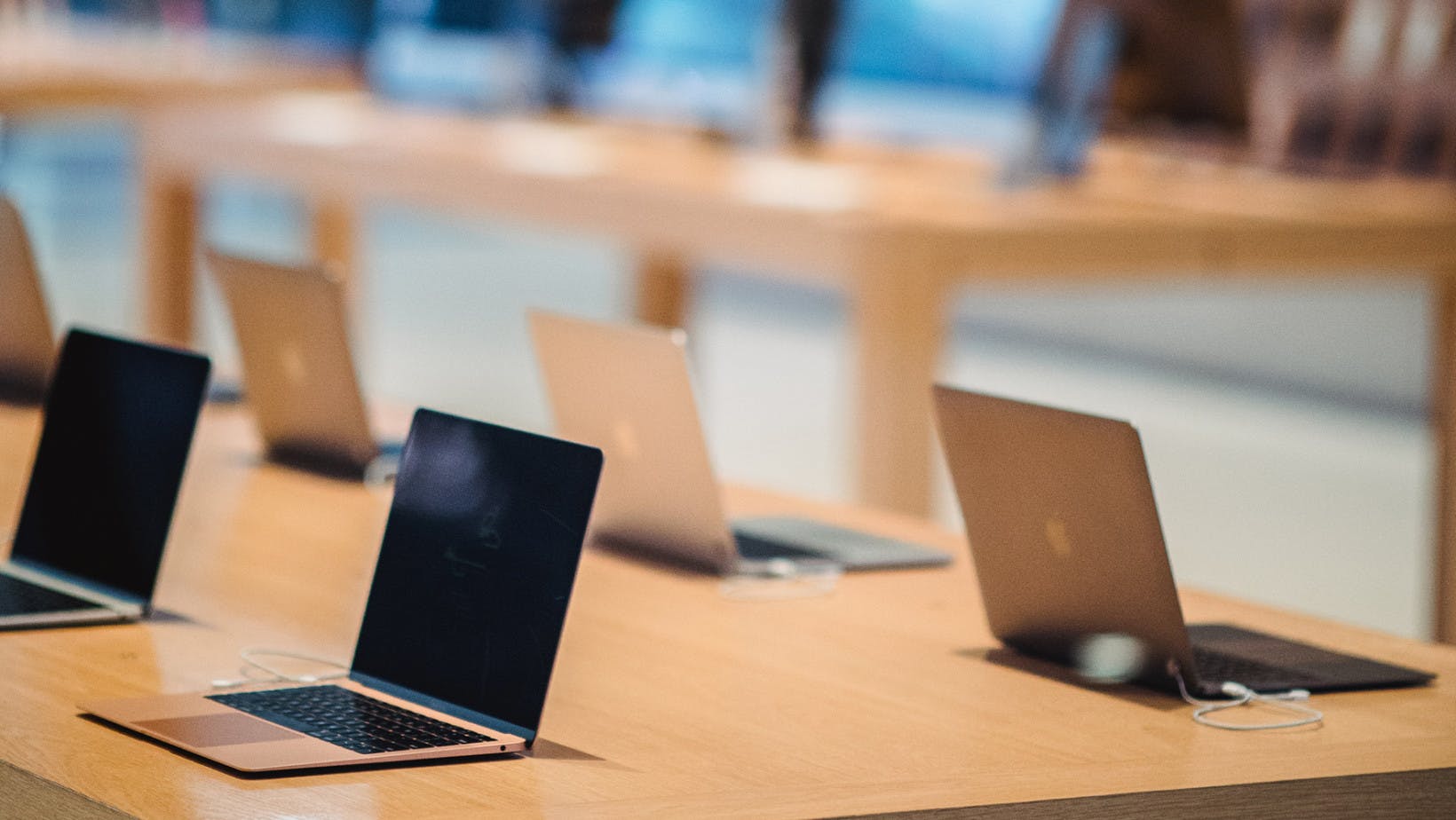
Economics
What Is a Monopoly? [Economics 101]
Learn what monopoly in economics is and why it is important. We’ll also go over the types of monopolies, their characteristics, pros, and cons.
Sarah Thomas
Subject Matter Expert

Economics
02.05.2023 • 5 min read
Subject Matter Expert
Learn what economics is and why it’s crucial to know. We’ll also go over 2 branches of economics, what each of them focuses on, what economists do, and more.
In This Article
The 18th-century Scottish moral philosopher, Adam Smith, is credited as the first economist and a pioneer in political economy and economic thinking. Smith’s book, An Inquiry into the Nature and Causes of the Wealth of Nations (1776), in which Smith describes the invisible hand and the workings of free markets, is one of the first modern books to treat economics comprehensively.
In the 19th century, the classical economic theory put forward by Smith and people like John Baptiste Say, David Ricardo, and John Stuart Mill was critiqued, most famously by Karl Marx. While most classical economists were advocates of modern economies and believed in economic progress, Marx argued capitalism was an inherently exploitative and unstable economic system.
In the later part of the 19th century, a group of economists, including Alfred Marshall, Carl Menger, and Vilfredo Pareto, developed what came to be known as neoclassical economics. Many of the modern economics concepts and models used today—supply and demand, utility maximization, and Pareto efficiency—were developed during this period.
The two most famous economists of the 20th century were John Maynard Keynes and Milton Friedman, who had opposing ideas about the nature of markets and the role of government in the economy. Ideas and theories influenced by these figures and others around them were gradually incorporated into neoclassical economics. Over the 20th century, economics also grew as a discipline, making room for new areas of study like game theory and behavioral economics.
Economics is the study of the economy and how individuals, households, companies, and nations secure and improve their material living standards.
Because resources—such as time and raw materials—are scarce, economists frame problems around allocating scarce resources in producing, allocating, and consuming goods and services.
Economics has two main fields:
Microeconomics is the branch of economics that studies individual economic agents, industries, or markets.
Macroeconomics is the branch of economics that studies how the economy operates as a whole
In microeconomics, you’ll study the economy through a zoomed-in lens. You’ll ask how individual groups of people behave and respond to situations. You’ll also learn how markets and industries operate.
Some of the main topics covered in microeconomics are:
Financial decision-making of households
The production and profit-maximizing decisions of firms
Supply and demand
Game theory and the economics of information and uncertainty
Welfare Economics
The effects of government policies such as price floors and ceilings
Market structures such as perfect competition, monopoly, monopsony, and oligopoly
In macroeconomics, you’ll study the economy, either at the national or global level. You’ll explore the overall health of economies and consider what causes or prevents economies from growth in both the short and long run.
Some of the main topics covered in macroeconomics are:
Long-run economic growth and development
Short-run economic fluctuations (or business cycles)
Economic recessions and depressions
Money and interest rates
Poverty and inequality
Financial crises
International trade
Unemployment
Inflation
Monetary policy and fiscal policy
Economists wear many hats. Some work in academia at colleges and universities; some work as advisors or employees for the government or think tanks and non-profits. Others work in the private sector as consultants, analysts, advisors, and researchers. Regardless of where they work, economists rely on two things in their work: theory and data.
Because economics intersects many other disciplines, economists study and report on various topics.
Economists tackle a handful of issues like:
Finance
Healthcare
Education
Climate change
Crime
Immigration
Labor markets
Innovation
To see a complete list of the topics economists study, check out the American Economic Association (AEA)’s JEL classification system.
Economists rely on economic indicators for the economy's pulse. Because these indicators tell us about the aggregate economy, they are sometimes called macroeconomic indicators.
Here is a list of the most important economic indicators.
Gross domestic product (GDP) is a measure of total economic output produced in an economy over a given period, typically a quarter (three months) or a year. We measure GDP as the market value of all final goods and services produced within a country’s borders. We can measure GDP using the current value of a currency (nominal GDP) or in currency adjusted for inflation (real GDP).
GDP growth is the growth rate of GDP from one period to the next. Over the past few decades, the U.S. has averaged an annual GDP growth rate of around 3%. Fast-growing developing countries can sometimes experience yearly GDP growth rates above 10%.
GDP per capita is GDP divided by a country’s population. It measures the average amount of economic output available per person in an economy. Estimates of GDP per capita in the U.S. are currently between $60,000 and $70,000.
The unemployment rate is the percentage of the labor force—people available and willing to work—who are unemployed. A high unemployment rate indicates the economy is running inefficiently—too many people available to work are not being employed.
Over time, the overall price level in an economy can increase or, in some cases, decrease. Inflation is the term economists use to describe an overall increase in prices. Some inflation is expected and healthy for an economy, but when prices rise too quickly, the economy overheats, and people struggle to keep up with rising costs. This is why it’s critical for economists to keep track of inflation.
The inflation rate is the rate at which prices rise from one period to the next. An inflation rate too high is a sign of economic instability.
The consumer price index is the most widely used tool economists use to measure inflation in the U.S. It tracks the prices consumers pay for a basket of goods and services, such as food, gas, and rent. Economists can estimate the inflation rate by comparing the cost of the basket from one period to the next. Data for the CPI are collected nationwide each month in 75 different urban areas.
Many reasons exist for why people study economics.
Here are a few:
Virtually every problem facing the world today, from poverty to pandemics, to geopolitical conflict and climate change, has an economic component. Understanding economics will help you better understand these problems and the policies to address them.
If you pursue an economics degree, you will gain knowledge and skills that many employers highly value. You’ll understand how businesses and markets operate, and you’ll develop skills in critical thinking, theoretical modeling, and data analysis.
Economics impacts our day-to-day lives as well. Even if you’re not interested in pursuing a career related to the subject, it’s worth taking a few economics courses in college to learn the basics.
Once you graduate, you’ll face dilemmas like where to live, which job to take, how to manage student loans, and whether to take on other forms of debt. You’ll want to know how to invest your savings to provide for your family and save for retirement.
These decisions will all be easier to navigate if you know at least a bit of economics.
Outlier (from the co-founder of MasterClass) has brought together some of the world's best instructors, game designers, and filmmakers to create the future of online college.
Check out these related courses:

Economics
Learn what monopoly in economics is and why it is important. We’ll also go over the types of monopolies, their characteristics, pros, and cons.
Subject Matter Expert

Economics
Learn what is a budget constraint, how to create one, and how to implement it in an economic situation, along with some examples.
Subject Matter Expert

Economics
Learn what economic efficiency is, its relationship with demand and supply, and efficiency and equilibrium in competitive markets.
Subject Matter Expert